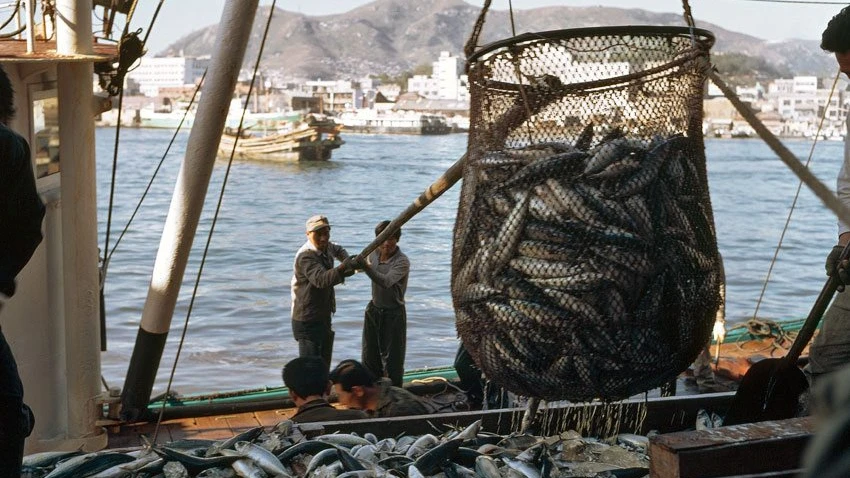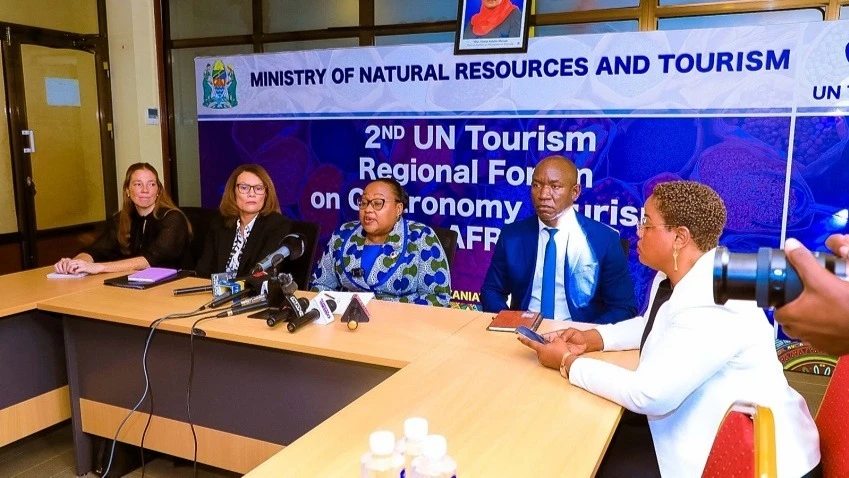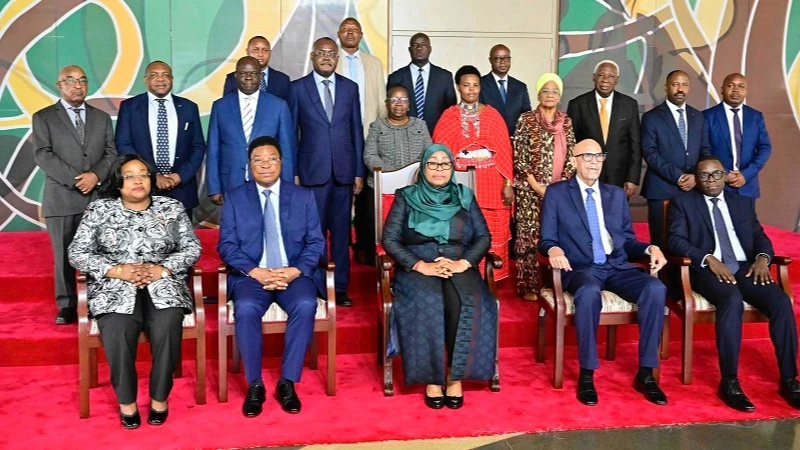Future of Tanzania’s blue economy lies in protecting and promoting maritime wealth

THERE is immense potential for Tanzania’s blue economy, but several challenges hinder the country from fully realising it. For many analysts, topping the list of the impediments is illegal, unreported and unregulated – or IUU – fishing.
IUU fishing is widely blamed for seriously reducing fish stocks, undermining legal fishing operations and generally threatening marine bio-diversity.
IUU fishing in Tanzania involves activities such as using prohibited fishing gear, overfishing and the smuggling of fish and other marine products.
The practice is known to cost the country a significant amount of revenue, this including unpaid fees to various authorities as well as revenue from licences.
However, the challenges in enforcing monitoring measures in the country’s vast Exclusive Economic Zone (EEZ) and coastline understandably make it challenging to accurately establish the full extent of losses.
The expansive maritime area, coupled with issues like illegal trans-shipment at sea, identity fraud and under-reporting of catch, suggests that the actual losses could be significantly higher than reported.
For a long time now, there have been concerns and talk about the involvement of foreign-flagged vessels in IUU fishing in Tanzania.
There have been occasions when foreign-flagged vessels were said to be involved in IUU fishing activities – carrying illegal catches, including shark fins, and thus effectively violating Tanzanian fisheries regulations.
The involvement of foreign vessels in IUU fishing highlights the need for stronger enforcement measures and international cooperation to combat this issue.
Interventions meant to arrest the trend are invariably steps in the right direction in addressing IUU fishing and protecting Tanzania’s marine resources – and ought to be enhanced and complemented.
The collaboration of the likes of the country’s own law-enforcement agencies, the respective government ministries and authorities will always come in handy, particularly with assistance from there relevant regional and international bodies.
Both regular and other patrols of the country’s waters are known to have yielded highly positive results over the decades, including intercepting marine vessels found carrying out illegal fishing, clearly in violation of Tanzanian law.
The economic impact of IUU fishing is substantial, affecting not only government revenue but also the livelihoods of local communities’ dependent on fishing.
The Tanzanian government has been making positive efforts to address IUU fishing. These include tightening regulations and increasing the frequency of maritime patrols and collaborating with various organisations towards enhance maritime security.
Some of these patrol efforts have resulted in several arrests and seizures of illegal fishing vessels.
Addressing these challenges requires a multi-faceted approach involving policy reforms, community engagement, scientific research and international cooperation.
Tanzania has implemented several policies, with a view to promoting and protecting its blue economy, among them the National Blue Economy Policy (2024), Zanzibar Blue Economy Policy (2022) and the National Action Plan (2024/2025-2025/2026).
The National Blue Economy Policy provides a comprehensive framework meant to enhance Tanzania’s blue economy activities across multiple sectors, including fishing, natural resources, tourism, water, irrigation, energy, transportation, minerals, industry, trade and environmental conservation.
The main aims are to improve coordination among various sectors and stakeholders, promoting sustainable use of marine and freshwater resources, strengthening research and knowledge sharing and encouraging strategic investments in blue economy sectors and addressing gender equality issues.
For its part, the Zanzibar Blue Economy Policy focuses on sustainable development based on the ability to sustain livelihoods from the ocean resources.
The policy is meant to transform fisheries, aquaculture, tourism, energy, oil and gas development, maritime transport and ports infrastructure.
It also seeks to promote sustainable growth, harvesting, processing and marketing of fisheries as well as seaweed and aquaculture products.
The policy also covers the enhancing of marine bio-diversity conservation and climate adaptationas well as ensuring equity, benefits, quality products, access to capital and markets and opportunities for diversification.
The National Action Plan (2024/2025-2025/2026) meanwhile outlines key strategies and recommendations for implementing blue economy activities over the next two years.
All these policies testify to Tanzania’s commitment and goodwill towards harnessing the full potential of the blue economy is out to develop and support.
The country has every reason to continue strengthening its enforcement measures, investing in technology for better monitoring and promoting sustainable fishing practices.
Community engagement and focused public education sensitisation are also crucial in ensuring compliance with regulations.
Top Headlines
© 2025 IPPMEDIA.COM. ALL RIGHTS RESERVED

























